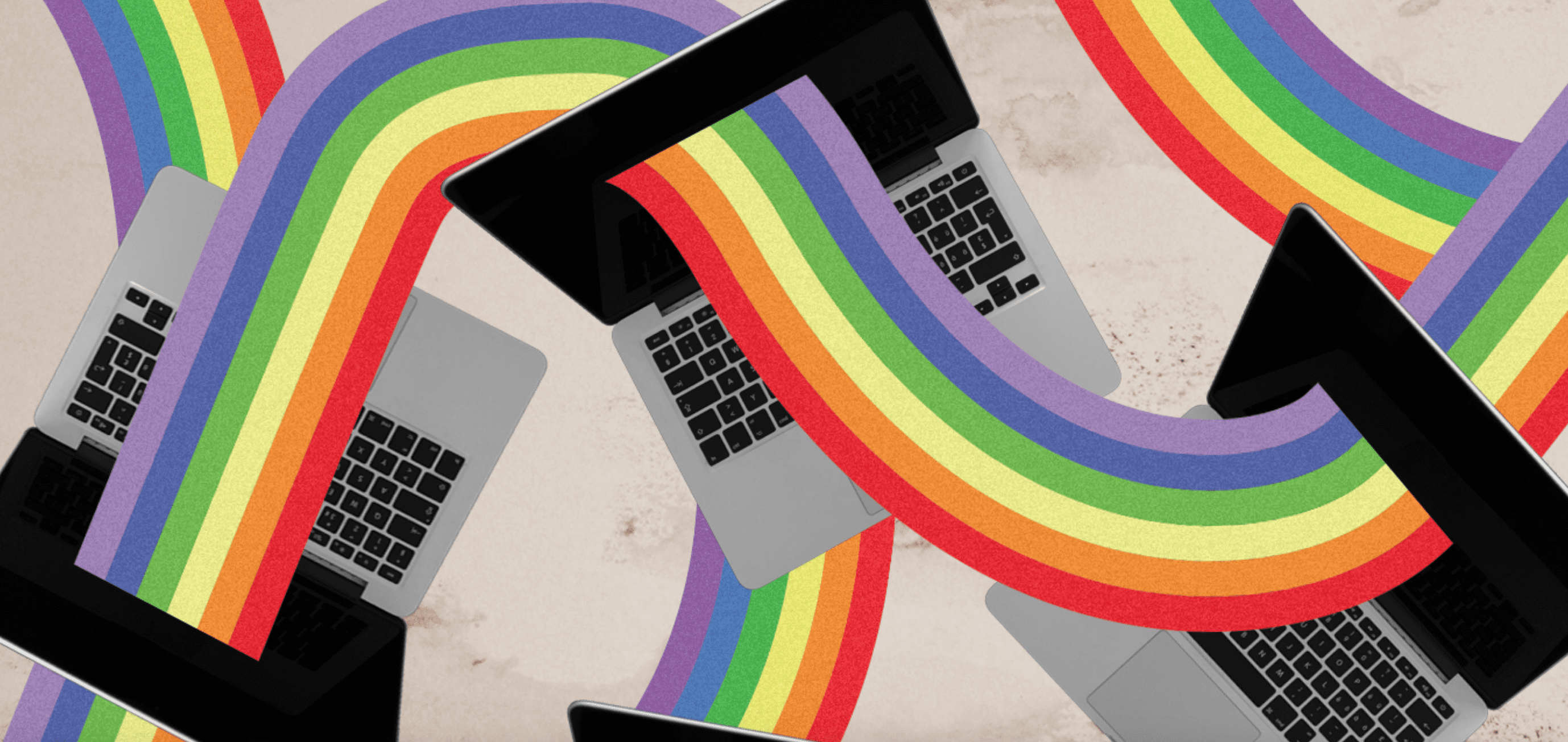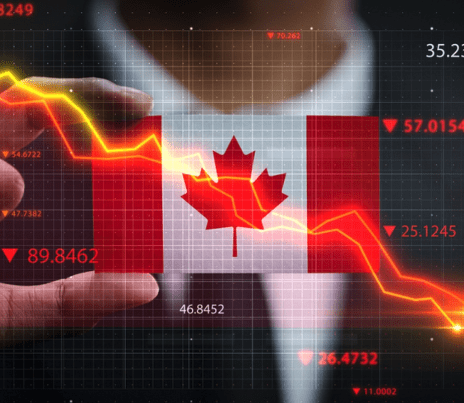Another pride month has come and gone. And with it, members of the LGBTQ community, with their allies in tow, have had the opportunity to celebrate the advancements that’ve been made over the years, while at the same time, continuing to demand full equality in Canadian society.
Of course, with the ongoing COVID-19 pandemic still limiting public gatherings, pride this year has largely been taken out of the streets and into the “bedrooms of the nation.” Or, at least wherever Canadians keep their computer and laptop screens when they go online.
Its certainly been a significant year for the LGBTQ community, and not just because 2020 will go down in history as the first for which pride was held virtually.
For instance, in Northern Ireland same-sex marriage was legalized, after corresponding legislation from 2019 came into effect earlier this year.
The same is true in Costa Rica, which made waves this year for becoming the first country in Central America to authorize same-sex marriages.
Other countries witnessed similar landmark advancements in LGBTQ rights.
In Brazil, the country’s Supreme Court overturned a ruling which had restricted gay and bisexual men from donating blood unless they be abstinent for 12 months.
And of course, just a few weeks ago, the United States Supreme Court delivered a ground-breaking ruling to extend coverage for gay and transgender employees against workplace discrimination.
Canada has been no different.
This year the federal government took the long overdue step of drafting legislation to ban the provision of conversion therapy a truly reprehensible practice if there ever was one for those under 18.
Following the lead of cities like Edmonton and Vancouver, as well as provincial governments like Ontario, Nova Scotia, PEI, and Manitoba, Calgary also banned conversion therapy.
Furthermore, the Rainbow Refugee Assistance Partnership, a pilot project established in 2011 for the private sponsorship of persecuted LGBTQ refugees, received a boost in funding this year to resettle more of those in need.
All are praiseworthy moments which deserve celebration this year, particularly as we commemorate the 50th anniversary of the world’s first Pride March.
Unfortunately, while 2020 has offered the LGBTQ community much to celebrate, it has also proven the need for increased activism, now more than ever.
Recent events across the world have made this abundantly clear.
In Hungary, a new homophobic law was passed to ban legal gender changes. Homeless LGBTQ citizens in Uganda have spent months in prison after breaching curfew regulations related to the pandemic. LGBTQ-free zones have been promoted in Poland. And in Russia, anti-LGBTQ sentiment received yet another surge of support after the definition of marriage became enshrined in the constitution as a union exclusively between opposite sex couples.
These are just a handful of the stories which highlight the many injustices which continue to impede the LGBTQ community.
In total, there are still 70 countries where it is illegal to be LGBTQ. And in 12 of them, you can even face the death penalty because of who you love and how you identify.
In comparison to these countries, and indeed, much of the world, Canada shines bright as a beacon of tolerance and acceptance. It is little wonder that so many LGBTQ asylum seekers have come here in search of a better life, free from the persecution in their home countries.
Sara Hegazy was one such individual.
She was an LGBTQ activist from Egypt who dared to wave the pride flag at a concert in Cairo; a simple, yet courageous act which resulted in three months of imprisonment. Following her release in 2018, Hegazy fled to Canada where she has resided ever since.
Tragically, Hegazy took her own life this past June. The horrific torture she received in prison haunted her long after her release and subsequent relocation to Canada.
While Canadians can be proud that ours is a country which welcomes heroes like Hegazy, it is important to remember that we are by no means immune from prejudice or discrimination either.
Just the other week, news surfaced that executives at the Canadian Museum for Human Rights in Winnipeg had instructed their staff to censor LGBTQ content, lest it offend anyone with prejudicial views to the contrary. It was an astonishingly hypocritical move by those who had been tasked with ensuring that the public receive the proper education on human rights in this country.
Speaking of proper education, the Manitoba Human Rights Commission recently investigated that province’s school curriculum. In the report that followed, the commission found that the lack of mandatory teaching on LGBTQ material, including on gender diversity and sexual orientation, was tantamount to discrimination. Sadly, the government-appointed commission board rejected these findings, allowing for the continued exclusion of LGBTQ material in Manitoba schools.
Other examples of discrimination have been far more overt.
One of the contenders for the federal Conservatives, Derek Sloan, is campaigning in part on a platform of LGBTQ bigotry, all to secure the support of the party’s social conservative wing.
He has stated clear his avowed opposition to legislation which extends protections for trans and non-binary Canadians. He has also attacked the government for their proposed ban on conversion therapy, offering instead his support for anti-LGBTQ “counselling.”
So, before Canadians become too high and mighty over their country’s famed tolerance, they should keep these instances in mind.
They should also keep in mind that Canada has yet to overturn all its own systemic barriers which impede equality.
After all, discriminatory barriers remain in place for men who have sex with men to donate blood. Queer youth are disproportionately at risk of homelessness. And trans and non-binary people are overwhelmingly targets of verbal harassment, as well physical and sexual assault.
When considering the abundance of challenges that remain, it is evident that the LGBTQ community is still a long way from obtaining full equality in Canadian society.
Much hard work and committed advocacy remains to be done, and by no means is the journey ahead going to be easy. Then again, nothing worthwhile ever is.
Maybe one day, though, we can finally fulfill the dreams of Sara Hegazy and the others before her, in ensuring that all are free to love whom they may with both dignity and respect.
Photo Credit: Elle








